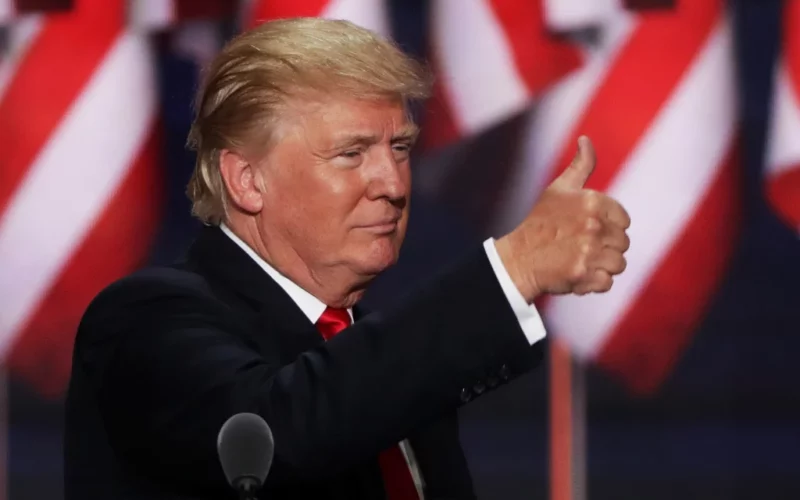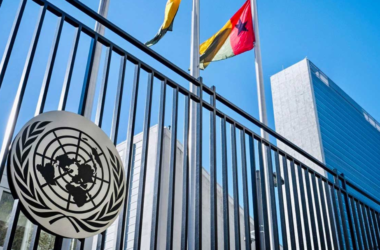As the countdown to the GOP convention in Milwaukee progresses, all eyes are on presumptive Republican presidential candidate Donald Trump’s decision-making process regarding his running mate. Unlike in many cases, the choice of vice president this time around holds considerable significance.
With Trump’s presidency limited to one term, addressing pressing national issues requires long-term planning. Trump himself has emphasized the importance of selecting a running mate who could potentially serve as president.
Over a recent weekend, the Republican National Committee hosted key donors in Palm Beach, where several potential VP candidates were showcased, including senators, governors, congressional representatives, and business figures. While speculation abounds, the formal vetting process has yet to commence.
Trump’s criteria for selecting his running mate encompass five main attributes:
- Credibility as a Presidential Candidate: The chosen individual must demonstrate the capacity to lead the nation effectively.
- Loyalty to Donald Trump: Alignment with Trump’s values and agenda is crucial.
- Thoroughly Vetted and Predictable: Candidates should undergo rigorous scrutiny to avoid unforeseen controversies.
- Demographic and Fundraising Appeal: The VP choice should resonate with key voter demographics and potentially contribute to fundraising efforts.
- Alignment with Trump on Abortion: Given Trump’s stance on abortion, compatibility on this issue is significant.
While various candidates have emerged as potential contenders, some have been deemed less likely choices due to past controversies or policy positions. For instance, Kristi Noem’s involvement in a polarizing incident and Tulsi Gabbard’s party-switching history have diminished their prospects.
Additionally, candidates such as Vivek Ramaswamy, who exhibited divisive behavior, and Ron DeSantis, whose abortion stance may alienate certain voters, face challenges.
The potential to appeal to female and minority voters is also a consideration. However, the prominence of strong anti-abortion campaigners among female candidates may pose challenges in this regard.
Senators Tim Scott and Marco Rubio have garnered attention for their potential to appeal to Black and Hispanic voters, respectively. However, concerns about their broader appeal and qualifications exist.
Former Secretary of State Mike Pompeo and other lesser-known candidates like J.D. Vance remain under consideration, albeit with varying degrees of public recognition and experience.
Nikki Haley’s potential to attract female and moderate voters is recognized by some centrist Republicans. However, reconciling her past disagreements with Trump poses a hurdle.
As the vetting process unfolds and speculation continues, Trump’s ultimate VP selection will undoubtedly influence the trajectory of his campaign and potentially impact the outcome of the election.








